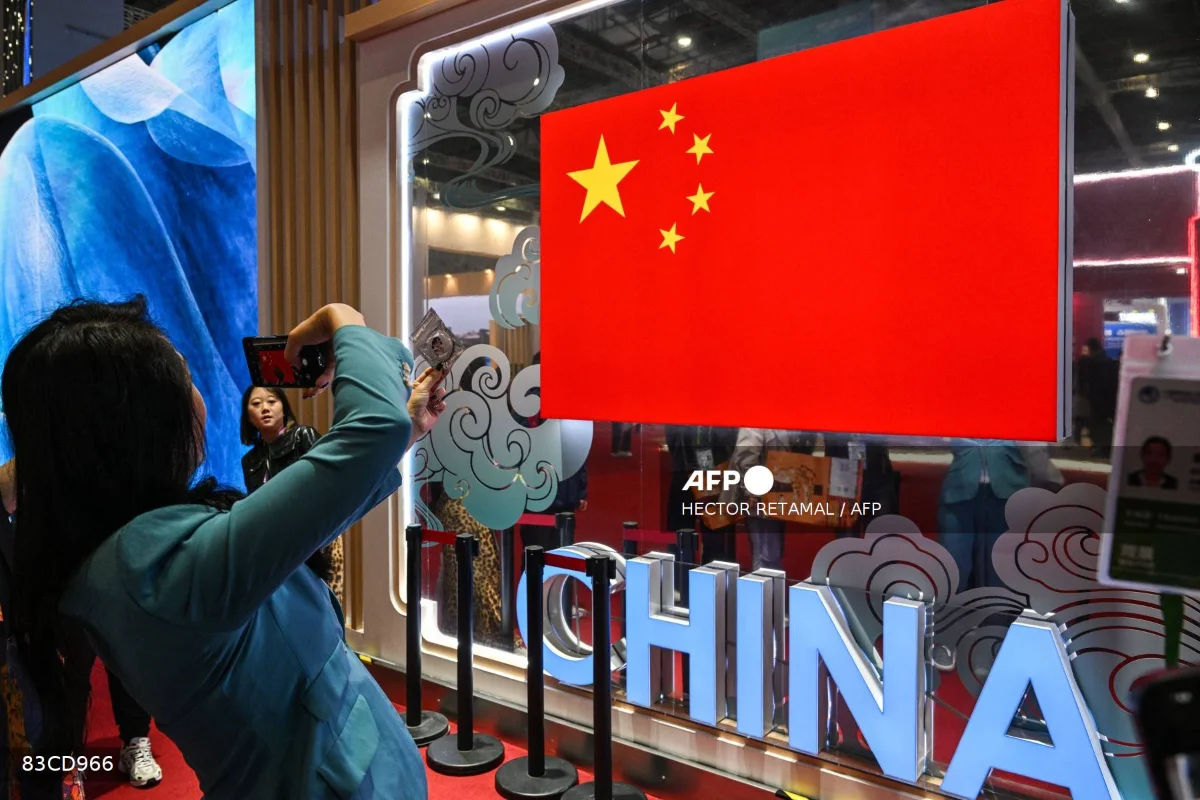China‘s exports unexpectedly fell 1.1% in October, the worst performance since February, while import growth slowed to 1.0% amid weak domestic demand.
BEIJING: China‘s exports unexpectedly contracted in October, recording their worst performance since February as US tariffs hammered demand.
The 1.1% decline reversed September’s 8.3% growth and missed Reuters’ forecast for a 3.0% expansion, highlighting the manufacturing giant’s continued reliance on American consumers.
Exports to the United States plummeted 25.17% year-on-year according to customs data released on Friday.
Shipments to the European Union and Southeast Asian economies grew by just 0.9% and 11.0% respectively, despite Beijing’s efforts to diversify export markets.
ALSO READ: China October factory output dips as exports fade
“The weakness was driven by a broad-based slowdown in shipments to non-US markets,” said Capital Economics China economist Zichun Huang.
Analysts noted the decline followed months of frontloading US orders ahead of President Donald Trump‘s tariff implementation.
The fading frontloading effect suggests tougher conditions ahead for Chinese exporters in the fourth quarter and first half of 2026.
China’s import growth also slowed to 1.0% in October, the weakest pace in five months and below September’s 7.4% expansion.
The data underscores persistent weak domestic demand despite government efforts to boost household consumption.
China’s trade surplus narrowed to $90.07 billion in October from $90.45 billion the previous month.
US-bound Chinese goods now face average tariff rates around 45%, exceeding levels that economists say erase manufacturers’ profit margins.
The official purchasing managers’ index recently fell to a six-month low, with factory owners reporting decreased export orders.
“I think the PMI was already warning us that Chinese exports cannot continue to grow forever,” said Natixis chief Asia-Pacific economist Alicia Garcia-Herrero.
Both countries are expected to reduce their trade interdependence following recent tensions and temporary truce extensions.
Copper imports declined as consumers avoided restocking amid high prices and prolonged property sector weakness.
Soybean, crude oil, and iron ore imports increased year-on-year, supported by competitive pricing and preemptive purchasing. – Reuters
Post Views: 2






